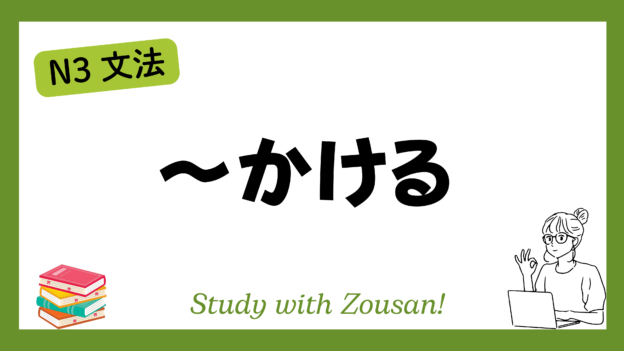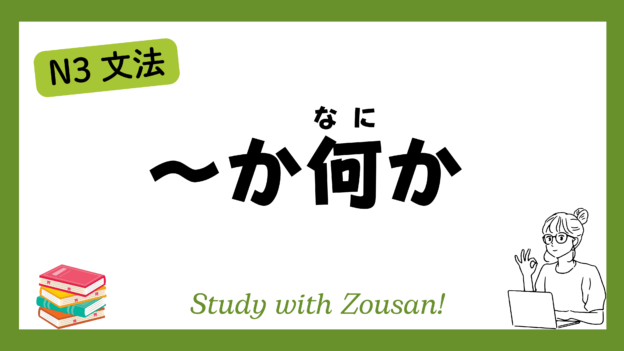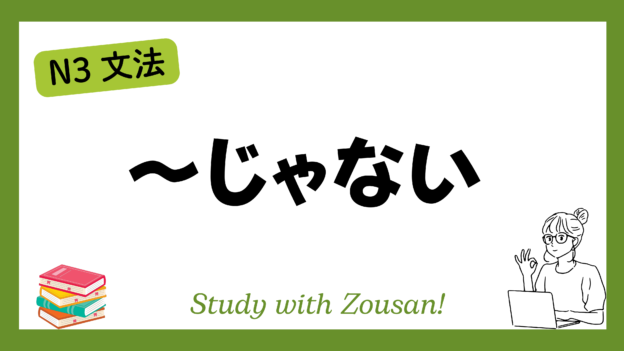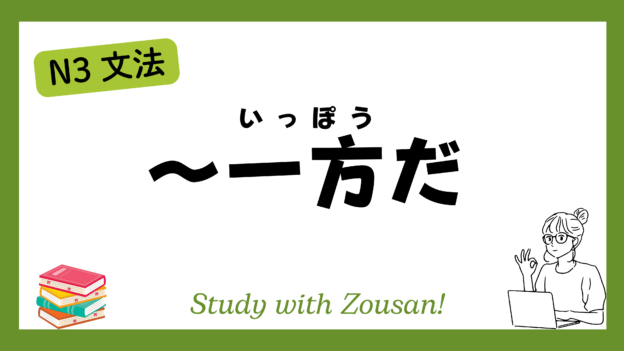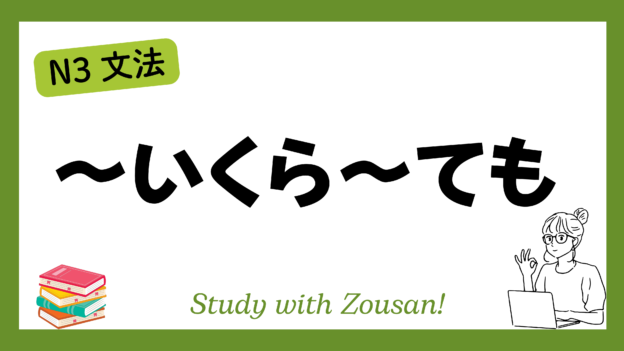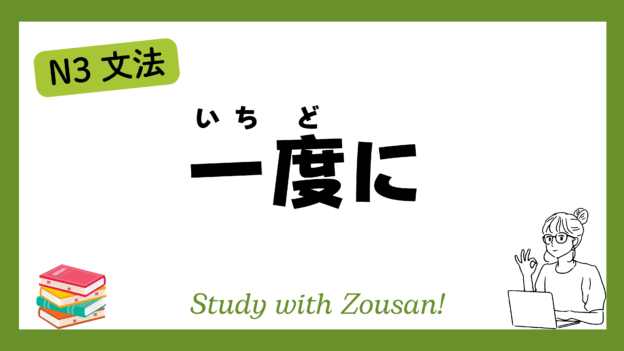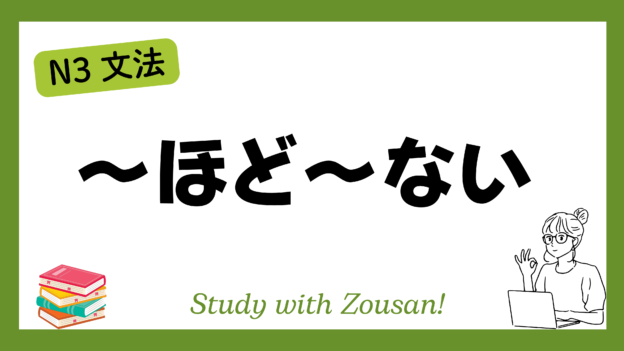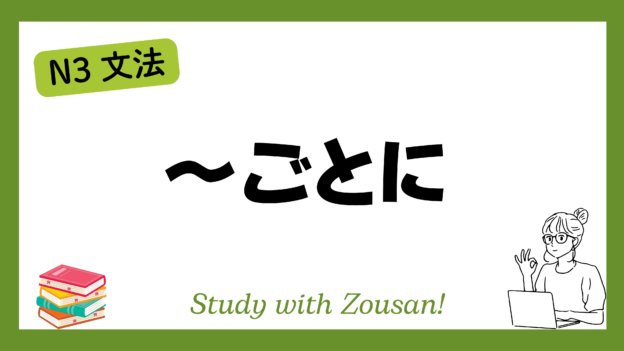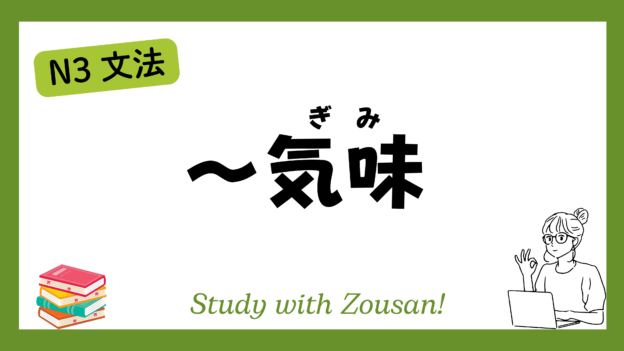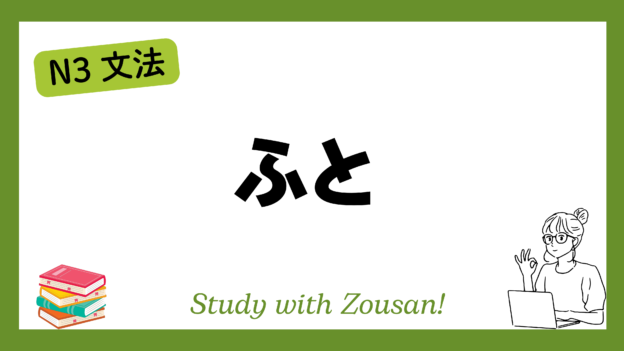Meaning: “To start but not finish…”, “In the middle of…”
“~かける” is used to describe an action that has been started but is not yet completed. It conveys the idea that something is half-done or interrupted in the middle of the process. It is often used when referring to actions that were about to be completed but were interrupted or left unfinished.
※Note: “~かける” focuses on the state of incompleteness or an action that is ongoing but not finished.
Structure:
| Verb |
かける かけの |
Example:
-
-
-
🌟 読みかけの本がたくさんある。
(よみかけ の ほん が たくさん ある。)
I have a lot of books I started reading but haven’t finished. -
🌟 食べかけのケーキがテーブルにある。
(たべかけ の ケーキ が テーブル に ある。)
There’s a half-eaten cake on the table. -
🌟 話しかけたが、途中でやめた。
(はなしかけた が、とちゅう で やめた。)
I started talking to him, but I stopped halfway. -
🌟 作りかけのプロジェクトが多い。
(つくりかけ の プロジェクト が おおい。)
There are many projects that I started but haven’t finished. -
🌟 彼は飲みかけのコーヒーを置いて出かけた。
(かれ は のみかけ の コーヒー を おいて でかけた。)
He left his half-drunk coffee and went out. -
🌟 書きかけの手紙が引き出しに入っている。
(かきかけ の てがみ が ひきだし に はいっている。)
There’s a half-written letter in the drawer. -
🌟 彼は話しかけたが、言葉を飲み込んだ。
(かれ は はなしかけた が、ことば を のみこんだ。)
He started to speak but swallowed his words. -
🌟 宿題をやりかけて、電話がかかってきた。
(しゅくだい を やりかけて、でんわ が かかってきた。)
I was in the middle of doing my homework when the phone rang. -
🌟 彼は死にかけたが、助かった。
(かれ は しにかけた が、たすかった。)
He was on the verge of death but was saved. -
🌟 読書をしながら眠りかけていた。
(どくしょ を しながら ねむりかけていた。)
I was dozing off while reading.
-
-


